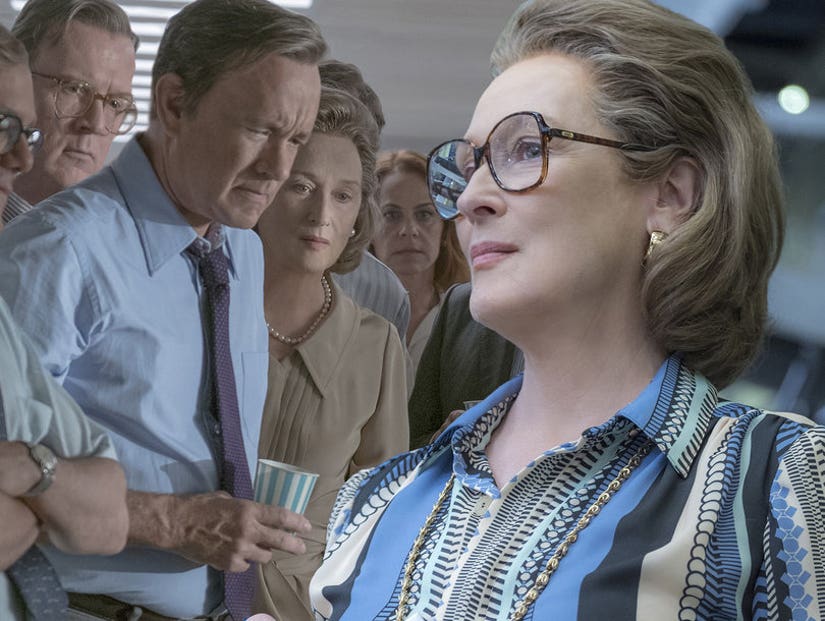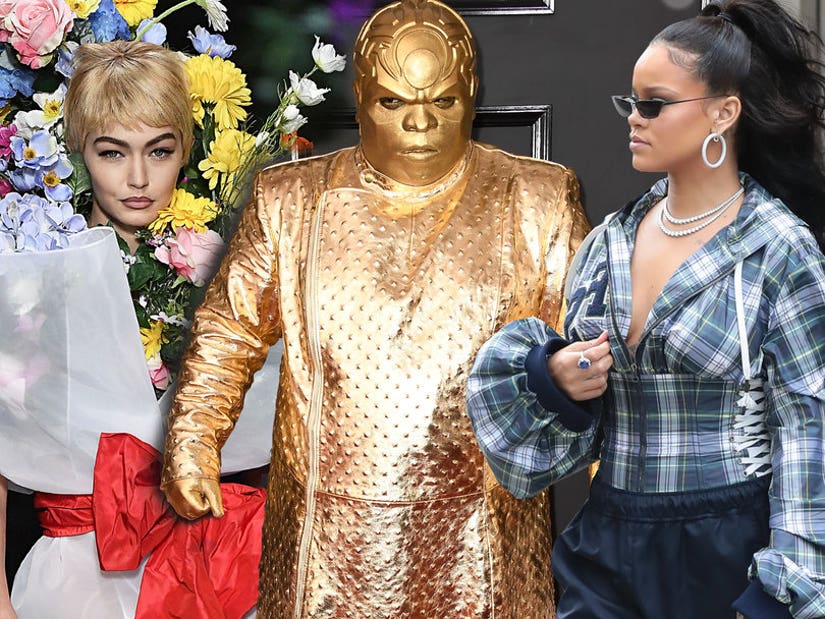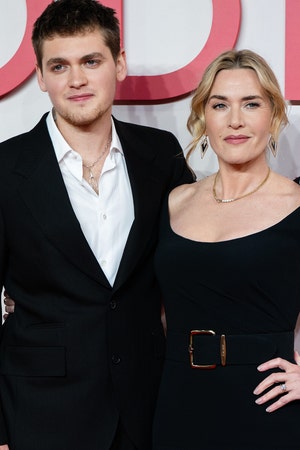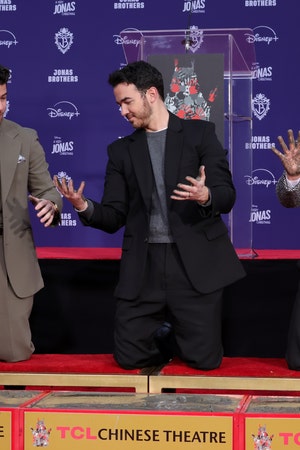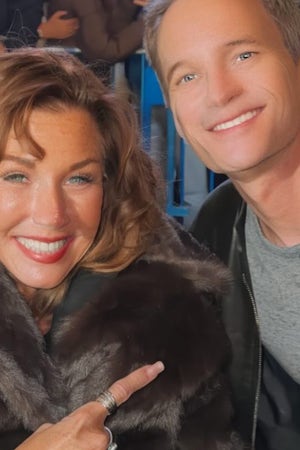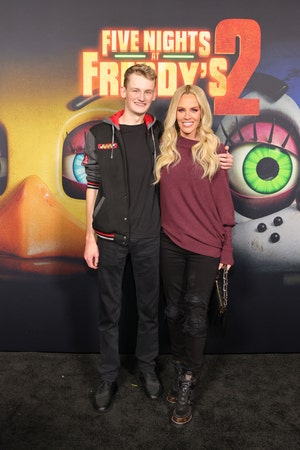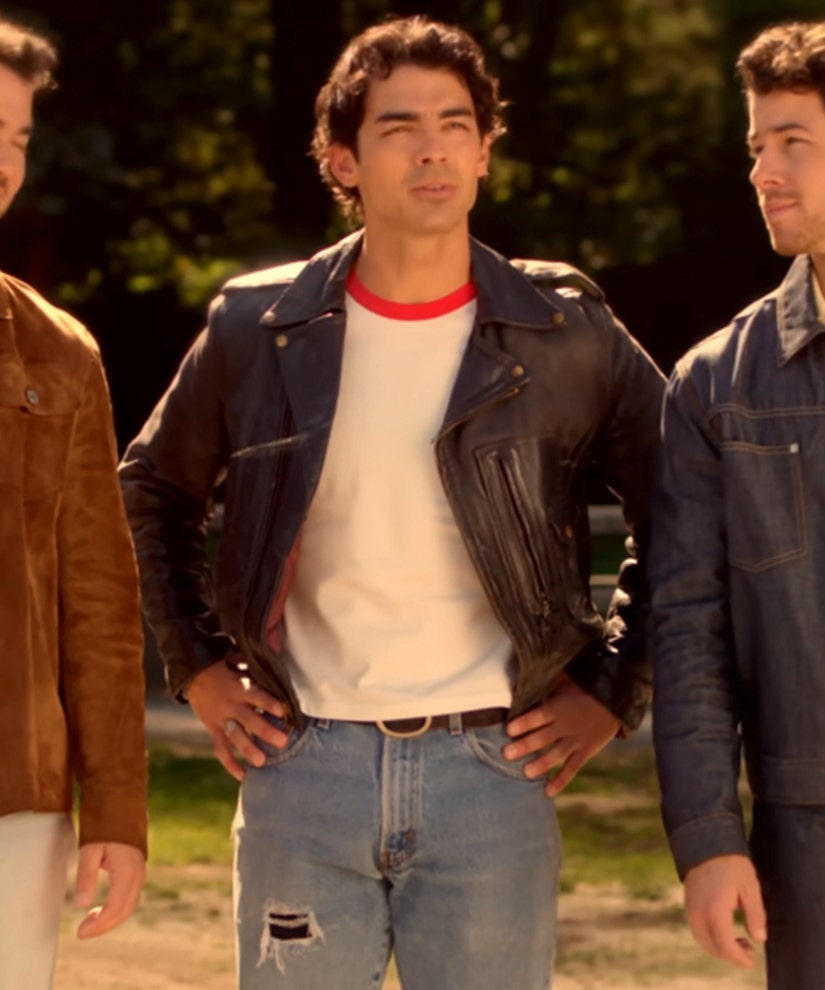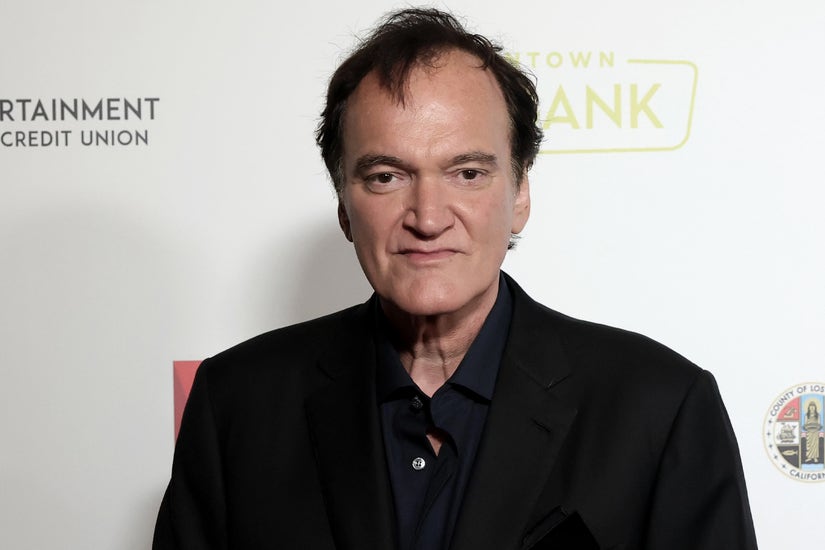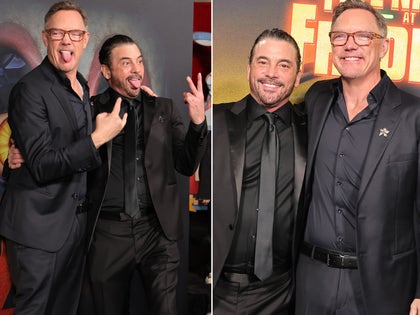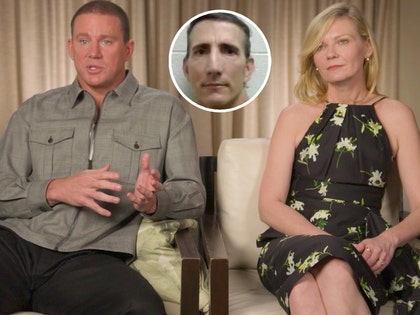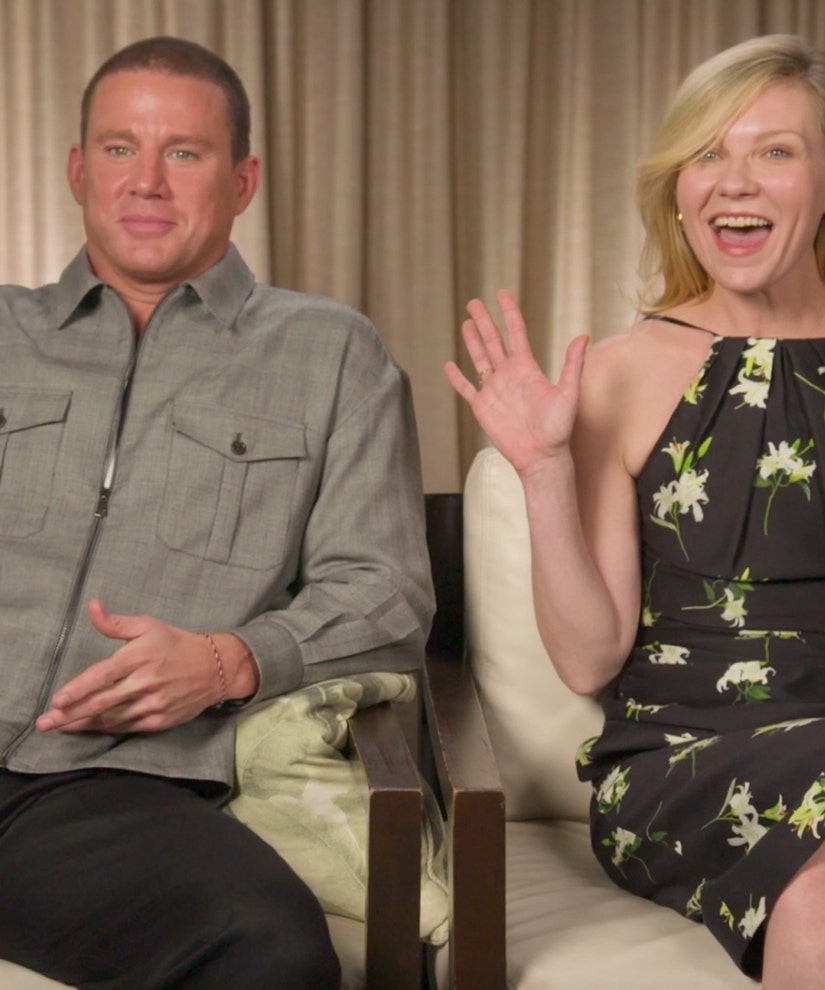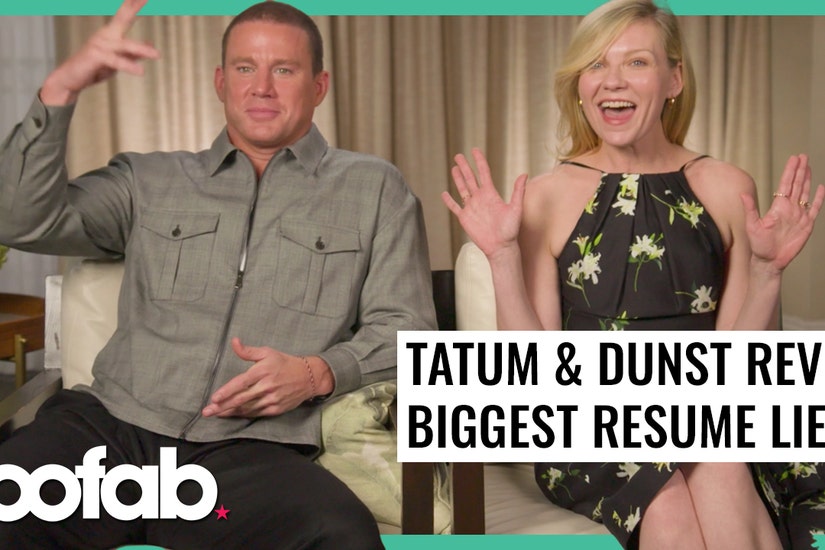The messages in Steven Spielberg's "The Post" are as relevant now in Donald Trump's America as they were in the decade the biographical journalism drama takes place in.
Early on, the heiress and rookie Washington Post publisher Katharine Graham, as played by Meryl Streep, pushes back against a group of money men who are more concerned with the health of the paper's bottom line than the integrity of its headlines. Streep-as-Graham tells the men that the focus at the Washington Post should be on smart reporting and quality journalism, both as a public service and long-term business strategy. She makes the assertion with some uncertainty, because it takes place in the first act of a movie that is in part about a woman who must weather a crisis to find her voice, but the point remains.
 YouTube
YouTube
Here's What Happened with Meryl Streep Came Face to Face with the Real Miranda Priestly
View StoryGiven the upheaval in the media industry and tumult in the political world right now, it feels like Streep is speaking past the characters in the room and directly to the audience in the theater (and if you live in a city like New York or DC, a lot of people in the audience will probably cheer in response to the monologue). The issues and changes the nation was grappling with then —- a belligerent president, a war on the press, a revolution for women in the workplace -— are remarkably similar to the events dominating the public concern in the United States right now, making the film a period piece whose time is really right now, and should be watched by everyone.
The parallels are not coincidental; Spielberg read the script about a year ago and immediately went to work on making the film, because he felt so strongly that the country needed to hear its messages and, hopefully, take heed of them. “The Post” focuses on a three-week span in the summer of 1971, during which a former military analyst named Daniel Ellsberg (Matthew Rhys) leaked thousands of pages of a secret study that outlined the U.S. government's decades-long covert operations in Vietnam. Commissioned by the Department of Defense, the completed study made it clear that succeeding presidential administrations -— from Truman up through Johnson's White House —- had lied to both Congress and the American people about the country's doomed-to-fail mission, a tradition that Nixon was upkeeping with great barking enthusiasm.
Imagine, a White House lying about its hostile relationship with a foreign power, so that we might push further into harm's way! History is a bad movie played on an endless loop, and it's hardly just the lies about foreign entanglements that parallel our present-day problems.
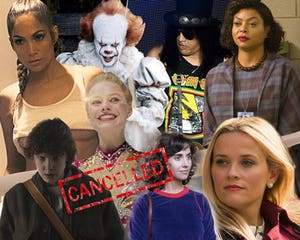 Instagram/Netflix/HBO/Everett/Getty
Instagram/Netflix/HBO/Everett/Getty
17 Best and Worst Trends of 2017: Diversity, '80s Nostalgia, Toxic Fanboys and Underboob
View StoryIn fact, Vietnam is just a setup for the domestic drama detailed in "The Post," which is far more concerned with freedom of information than varying troop levels in Indochina, as they call it in the film.
The first few stories from the Pentagon Papers, as they became known, were published in the New York Times. But Nixon's government hit the paper with an injunction, which meant that they had to stop publishing them. So Ellsberg went to the Washington Post. The paper's editor, Ben Bradlee (played by a gruff Tom Hanks), was an ambitious Beltway insider who lived for the big scoop. He was all gung-ho about publishing the papers, but the legal action against the Times meant that they risked a lawsuit and even jail time for both Bradlee and Graham —- not to mention financial failure for the paper, which was just going public.
Spielberg turns Nixon into a looming monster, showing him only in shadows in the window of the White House, screaming on the phone about the ongoing leaks. The movie uses the real Nixon tapes —- he recorded his conversations in the White House, like a paranoid nut job —- and so we have indisputable evidence that a president of the United States was actively plotting to bar, delegitimize and punish the press.
Up until a year ago, that sort of revelation would have been shocking and outrageous, but right now, after a year of Trump's angry morning tweets about “the failing New York Times” and other “Fake News” stories (which are inevitably the truest stories), a White House assault on the press seems normal. That perception is even more dangerous than any individual attack on the First Amendment, because it serves to erode public confidence in the one true, independent check on government power. Whenever Trump or any politicians put pressure on the media, it makes it harder for them to do their job and deliver reliable news.
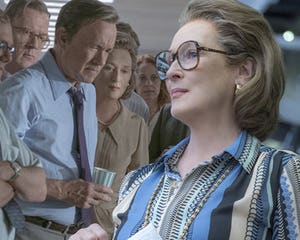 YouTube
YouTube
'The Post' Trailer: First Look at Steven Spielberg, Tom Hanks and Meryl Streep's Riveting Journalism Drama
View StoryWe are becoming numb to just how extraordinary these attacks are, and seeing crusading journalists bravely facing down the power of a rogue administration in order to get the truth out to Americans. “The Post” doesn't totally idealize these reporters, either —- Graham has to reckon with her rich family's relationships with the deceitful elites in DC, while Bradlee also has to look closely at his friendship with JFK and how that may have impacted his reporting. DC is a chummy place, and the closer that reporters get with their sources —- Newsmax and Breitbart, for example, have direct lines to the White House and even help shape policy —- the further the stories get from the hardest truth.
Graham also faces the challenge of being a woman in an incredibly sexist business and society. She wasn't even supposed to inherit the paper, as is repeatedly pointed out in the film; her husband —- the son-in-law of her father, the publisher =— was initially handed the reins, and they only passed to Katharine after her husband took his own life. Her advisers try to force her into decisions throughout, in part by simply ignoring her (remember, she is their boss) in meetings and debates.
As the #MeToo movement has shown, the office is still a treacherous place, even if sexism has improved to some degree with female CEOs and record-high numbers of women working full-time jobs. It's just a bit more under-the-radar now, which makes it almost more insidious. Seeing Graham rise up against all the misogynistic pressure is inspiring, and yet another reason to take heed of the film's messages today.

